Inhaltsverzeichnis
-
The correct dosage of CBD oil is crucial to feel the positive health effects. In this article, we will not only explain how many drops of CBD per day are ideal, but also highlight important factors and methods for consuming CBD oil.
If you would like to get a general overview of CBD first - read our article 'What is CBD?'
Methods of taking: How to take CBD oil drops?
CBD oil dosage: How many drops of CBD oil should you take?
The correct dosage of CBD oil is crucial to feel the positive health effects. In this article, we will not only explain how many drops of CBD per day are ideal, but also highlight important factors and methods for consuming CBD oil.
If you would like to get a general overview of CBD first - read our article 'What is CBD?'
Methods of taking: How to take CBD oil drops?
The sublingual method, in which the drops are placed under the tongue, is effective because it bypasses the first-pass effect. Swallowing directly is possible, but less recommended. Addition to food is also possible.
The variety of uses of CBD
CBD is available in various forms including oil, extract, tea, capsules and cosmetics. Among them, CBD oil is very popular because it is easy to use and can be taken anywhere. With concentrations of 5% to 10% it is particularly suitable for beginners. There are also dosages of 20% and 30%.
How often should CBD oil be taken?
The dosage depends on various factors such as weight, age and CBD concentration in the oil. It is advisable to start with a low dosage and adjust as necessary. If in doubt, ask your doctor.
Before or after eating?
The influence of the first pass effect:
CBD oil, whether in drops, capsules or other dosage forms, is subject to the so-called first-pass effect when it passes through the liver before entering the bloodstream. This effect can affect the bioavailability of CBD, which in turn affects its effects.
Before the meal:
Taking CBD oil before a meal can result in faster absorption into the bloodstream. However, the first pass effect could be stronger in this case because the liver is active and processes other nutrients. This could result in less CBD entering the blood in its original form.
After eating:
Taking CBD oil during or after a meal can minimize the first-pass effect. If the body is already busy digesting food, this could make it easier to process CBD. The result could be higher bioavailability of CBD, which could increase the positive effects.
Consider individual factors:
It is important to emphasize that the optimal time to take CBD oil may vary from person to person. Individual factors such as metabolism, digestive system and type of meal play a role.
Practical tips:
- Observe your personal reaction: you should pay attention to how your body reacts to taking CBD oil, whether before or after eating.
- Take with a light meal: If possible, CBD oil should be taken with an easily digestible meal to minimize the first-pass effect.
- Consult a Professional: People who are unsure can consult a doctor or CBD expert for personalized recommendations.
Conclusion:
The timing of taking CBD oil, whether before or after eating, can influence its effects. Individual reaction to CBD and personal circumstances should be taken into account when making the decision. Conscious observation of your own reaction and, if necessary, professional advice can help to determine the optimal time for taking CBD oil.
CBD for better sleep
CBD, a non-psychoactive cannabinoid, has received a lot of attention in recent years for its potential health benefits. One of these possible uses is supporting healthy sleep. Unlike THC, CBD does not act directly on the central nervous system, but rather interacts with the body's endocannabinoid system.
The right dose for better sleep:
The right dosage is crucial for the positive effect of CBD on sleep. The recommended number of drops may vary depending on the type of sleep disorder and the concentration of CBD in the oil. It is recommended to start with a low dose and monitor the effects. For mild sleep disorders, a low concentration of 5-10% may be sufficient, while for more severe sleep disorders, a higher concentration may be considered.
CBD and the different types of sleep disorders:
Difficulty falling asleep and staying asleep: If you have trouble falling asleep or staying asleep, a lower dose of CBD can have a calming effect. Start with a low concentration and increase the dose as needed.
Insomnia: For people who suffer from insomnia and whose problems last longer, a higher concentration of CBD may be more effective. A concentration of 20 to 30% could be considered.
Consider individual differences:
It is important to emphasize that every person reacts differently to CBD. Some may experience improvement with low doses, while others may require higher doses. Physical differences, the severity of the sleep disorder and the individual reaction to cannabinoids play a role.
More tips for better sleep with CBD:
When to Take: Some customers report better results when they take CBD about an hour before bed. The timing may vary from person to person, so it is advisable to give this a try.
Combination with relaxation techniques Combining CBD with relaxation techniques such as meditation or a calming evening ritual can increase the positive effects.
Conclusions:
CBD can be a natural and non-addictive option for improving sleep quality. Proper dosage is crucial and it is advisable to start with low doses to test individual response. If you have persistent sleep problems, you should always consult a doctor. The path to restful sleep can be made easier with CBD as part of a holistic approach.
Can you overdose on CBD?
The theory of CBD overdose:
CBD, or cannabidiol, interacts with the body's endocannabinoid system and has a variety of potential health benefits. The question of overdose arises when one considers that even with natural substances, too much can have negative effects.
Overdose is unlikely:
The good news is that overdosing on CBD is very unlikely. Studies have shown that even at very high doses of up to 1,500 mg per day, only mild side effects occur. This is probably because, unlike THC (tetrahydrocannabinol), CBD is not psychoactive and does not have the same effects on the central nervous system.
Mild side effects:
The side effects of CBD are usually mild and temporary. You may experience increased tiredness, changes in appetite, diarrhea or weight fluctuations. It is important to note that these effects can vary from person to person and do not occur in the same way for every user.
Drastic measures are not necessary:
If the side effects are mild, no drastic measures are usually necessary. Reducing the dose or temporarily stopping CBD may be enough to relieve symptoms. If side effects persist or are severe, it is advisable to consult a doctor.
Factors that may affect tolerability:
Individual factors such as body weight, metabolism and the type of CBD products can influence tolerance. It is recommended to start with a low dose and gradually increase it to test personal tolerance.
How can I consume CBD flowers?
CBD flowers can be vaporized or drunk as a tea. Smoking is not recommended to avoid lung damage.
How much CBD is in a bottle?
The world of CBD products is diverse and choosing the right product can be challenging for newcomers. A crucial factor when choosing a CBD oil is the CBD concentration. In this article, you'll learn why concentration is important and how to determine the exact dosage for your individual needs.
The CBD concentration at a glance:
CBD products, be they oils, extracts or capsules, are offered in different concentrations. The CBD concentration indicates how much CBD is contained in a product. This information can be found on the packaging label. The concentration is given in percent and varies from product to product.
The importance of CBD content:
The CBD concentration is crucial for the exact dosage and the expected effect. A low concentration, such as 5%, is ideal for beginners or people looking for a mild effect. Products with higher concentrations, such as 20% or 30%, may be suitable for users with specific needs or higher dosage requirements.
CALMA - variety for individual requirements:
At CALMA, we know that every person is unique and has different needs for CBD. That's why we offer a wide range of CBD oils with concentrations from 5% to 30%. This diversity allows our customers to choose exactly the product that meets their needs.
How much CBD is right for me?
The optimal dosage depends on various factors, including individual health goals, body weight and personal response to CBD. It is recommended to start with a low concentration and observe the effects. If necessary, the dosage can be adjusted gradually.
Dosage tips:
- Start low: Start with a low concentration of CBD, especially if you are new to using it.
- Observe the effects: Pay attention to how your body reacts to the CBD dose and adjust if necessary.
- Consult a Professional: If you are unsure, consult a medical professional or CBD expert for a personal recommendation.
CBD concentration is an important factor when choosing a CBD oil. CALMA offers a wide range of concentrations to suit individual needs. With the right dosage you can make the most of the positive effects of CBD. If you are unsure, do not hesitate to contact a professional for personal advice.
Factors for determining CBD dose
Different types of CBD, delivery methods, individual factors such as weight, age, gender, tolerance and desired goals influence dosage.
How to calculate CBD dose in drops?
Step 1:
Determination of CBD content
The first step to calculating the CBD dose in drops is to know the CBD concentration of the product. This information can be found on the label of the CBD bottle and is expressed as a percentage. For example, a 10 ml bottle of CBD oil with a concentration of 5% can contain a total of 500 mg of CBD.
Step 2:
Calculation by weight
The optimal CBD dose also depends on body weight. A general guideline is that a lower dosage should be considered for light weight and a higher dosage for heavy weight. A typical recommendation is between 0.25 mg and 0.5 mg of CBD per kilogram of body weight.
Formula for calculating CBD dose:
Step 3:
Adaptation to the desired goals
Dosage can be adjusted to individual health goals. For example, if you are taking CBD to support general well-being, a lower dosage may be sufficient. For more specific goals such as sleep disturbance or pain relief, a higher dosage may be required.
Tips for successful dosing
- Start low: Start with a low dosage and increase slowly.
- Observe the effects: Pay attention to how your body reacts to the CBD dose and adjust if necessary.
- Consult an Expert: If you are unsure or have specific health questions, it is advisable to seek advice from a healthcare provider or CBD expert.
Scientific findings on the dosage of CBD
Studies show that there is no general dosage for CBD. Individual factors such as body weight, body chemistry and area of application play a decisive role. It is recommended to start with lower concentrations such as 5% or 10% and gradually increase as necessary.


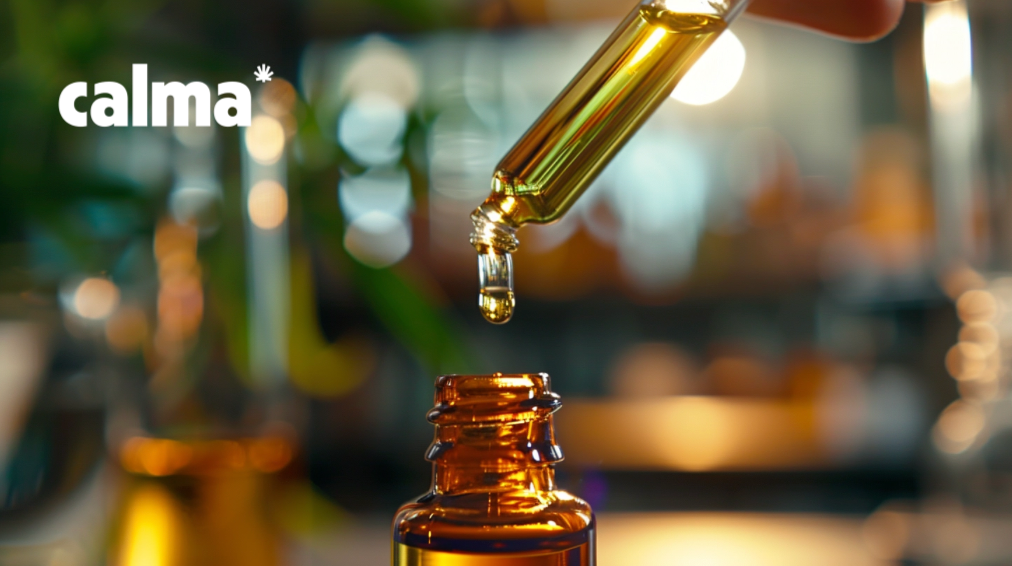
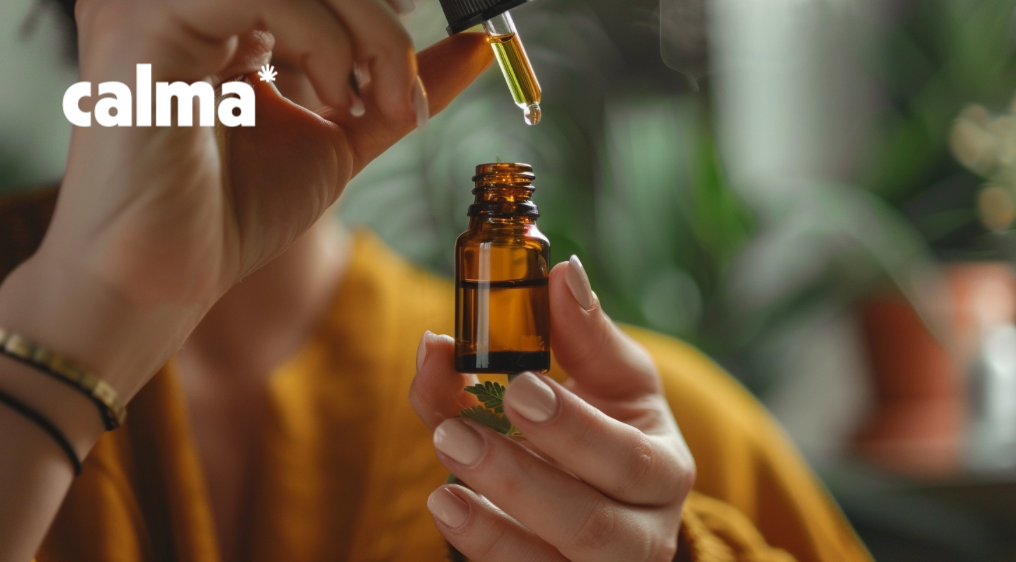

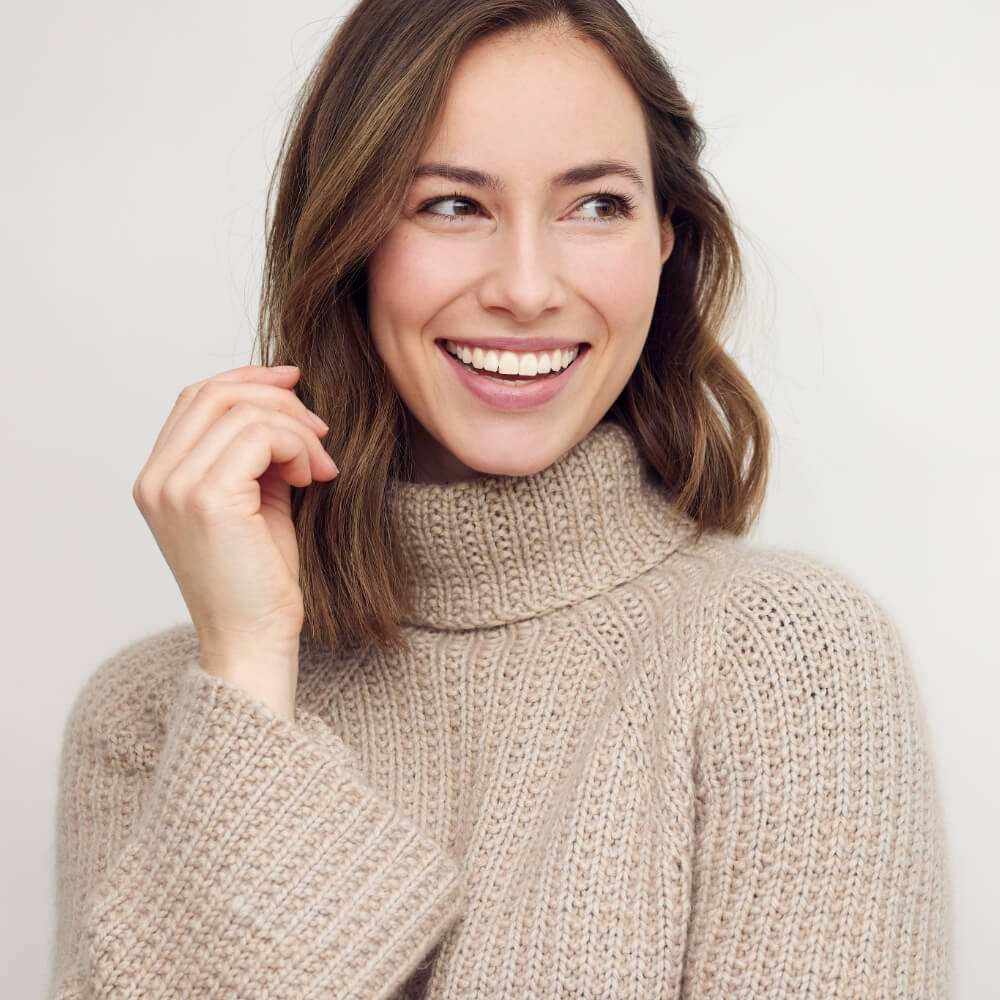
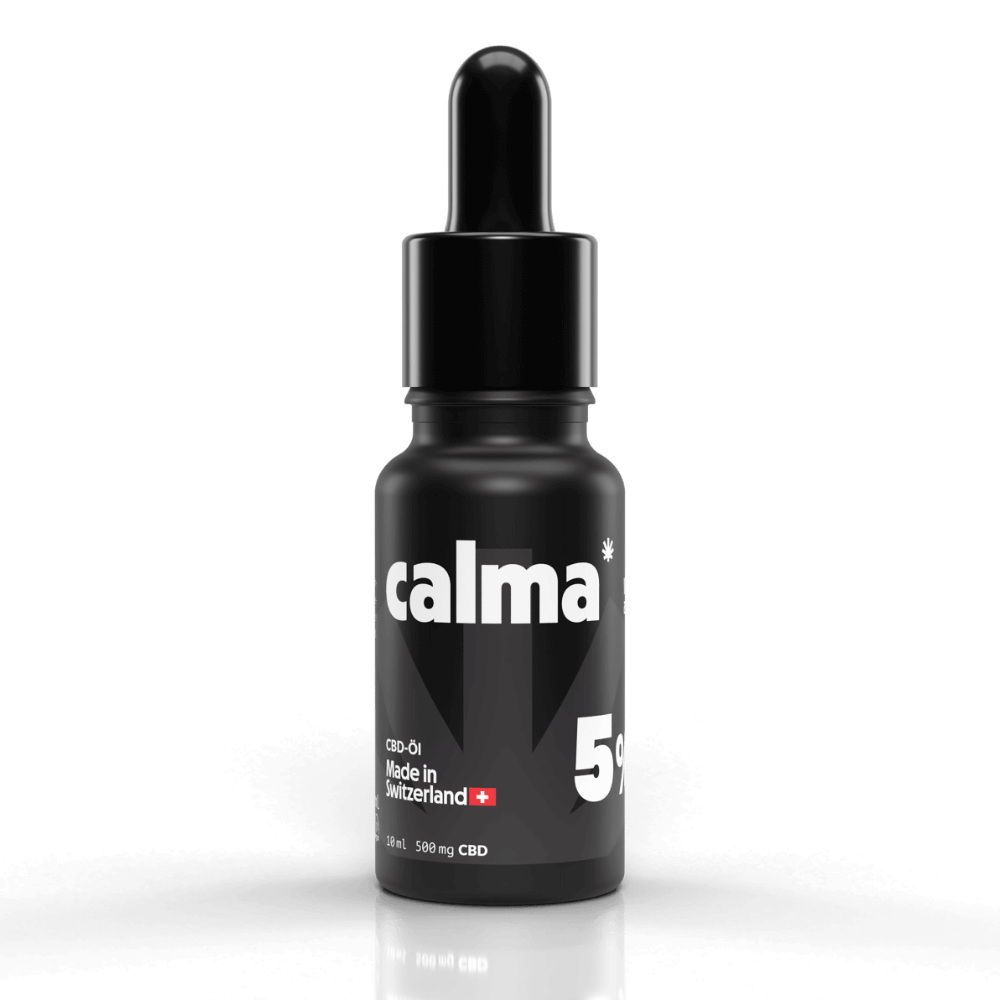
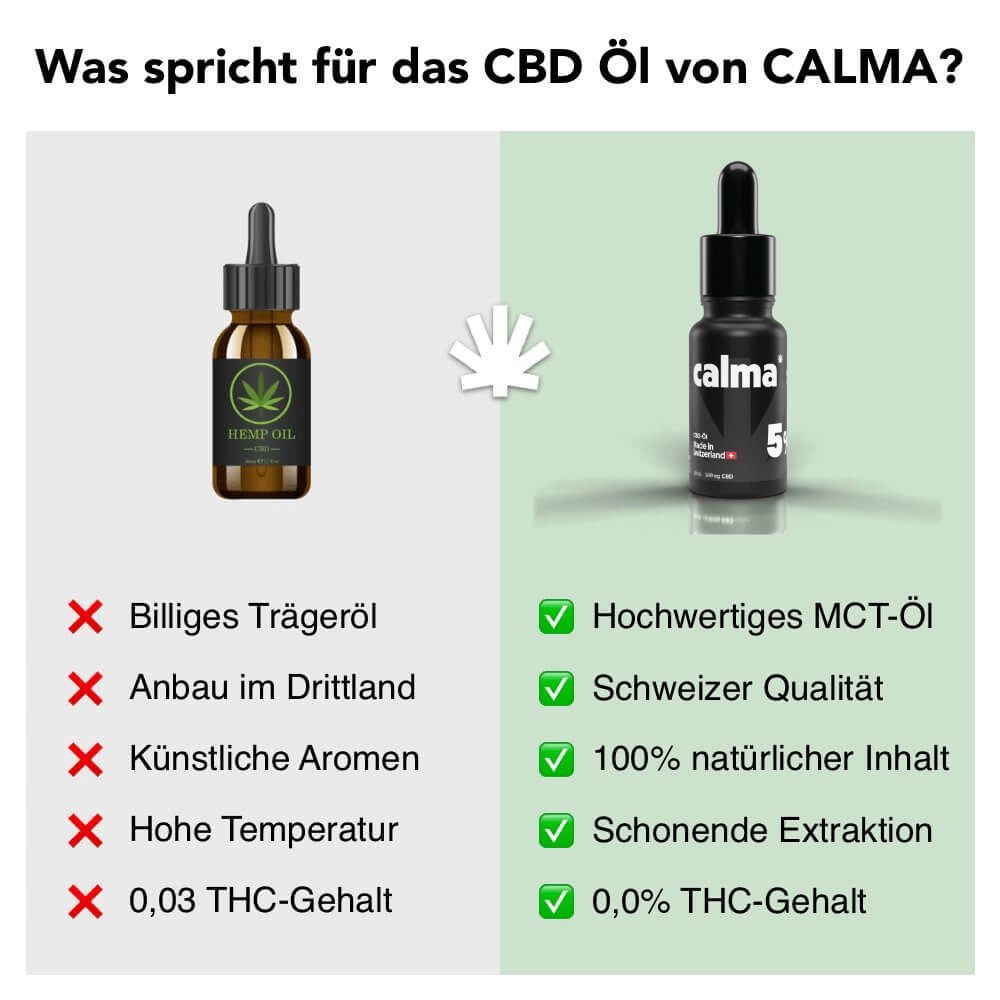
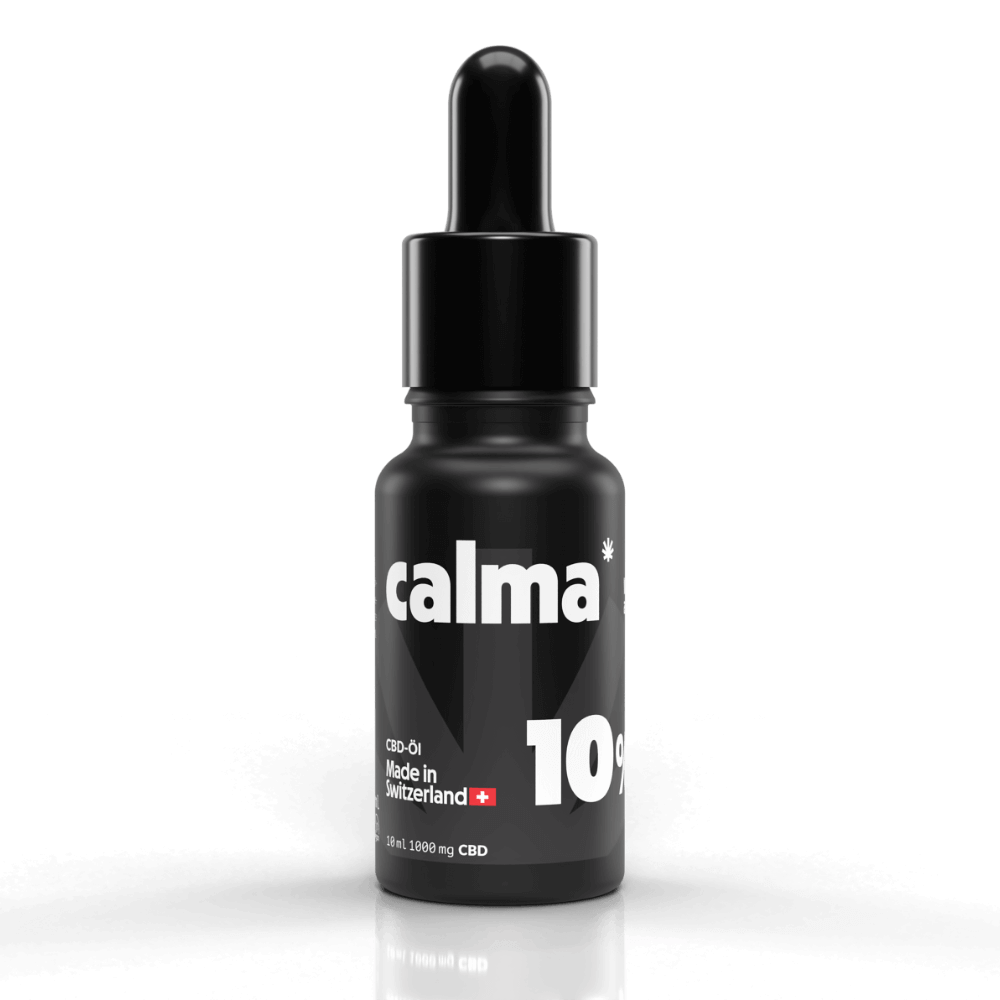
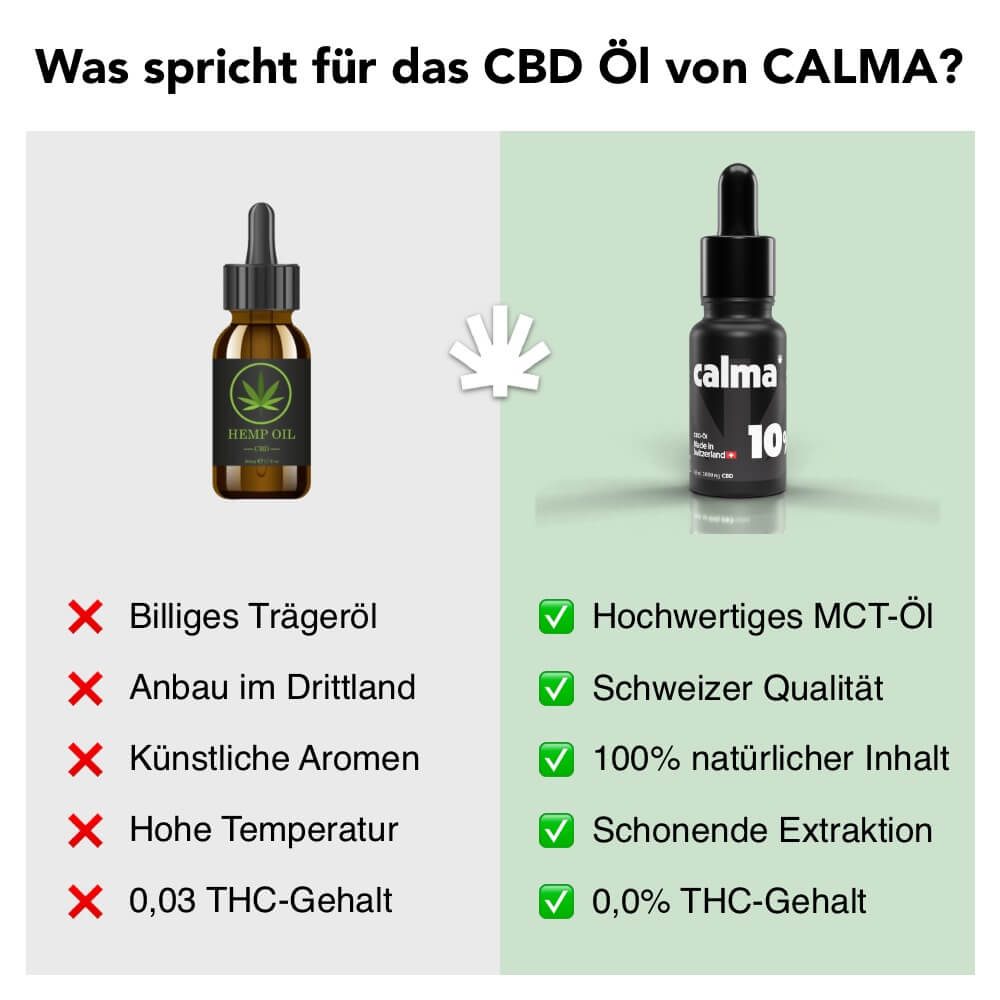
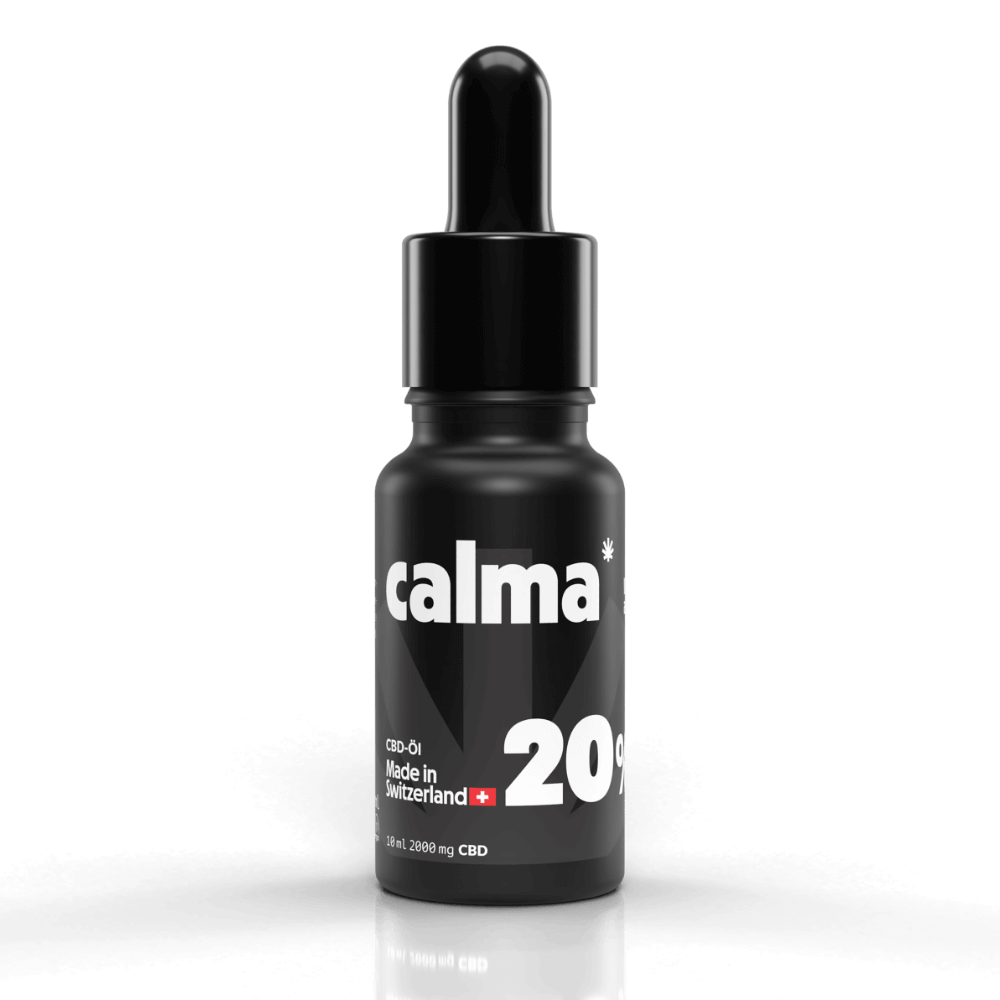
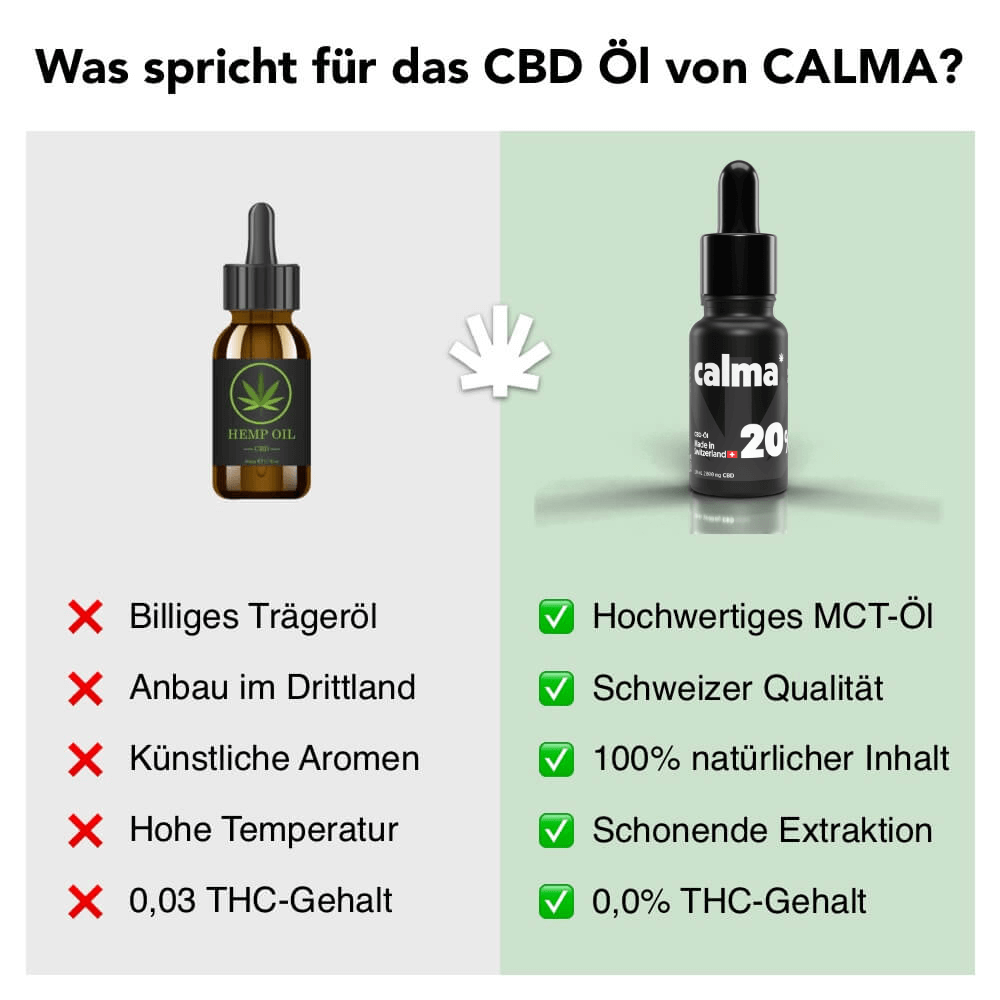
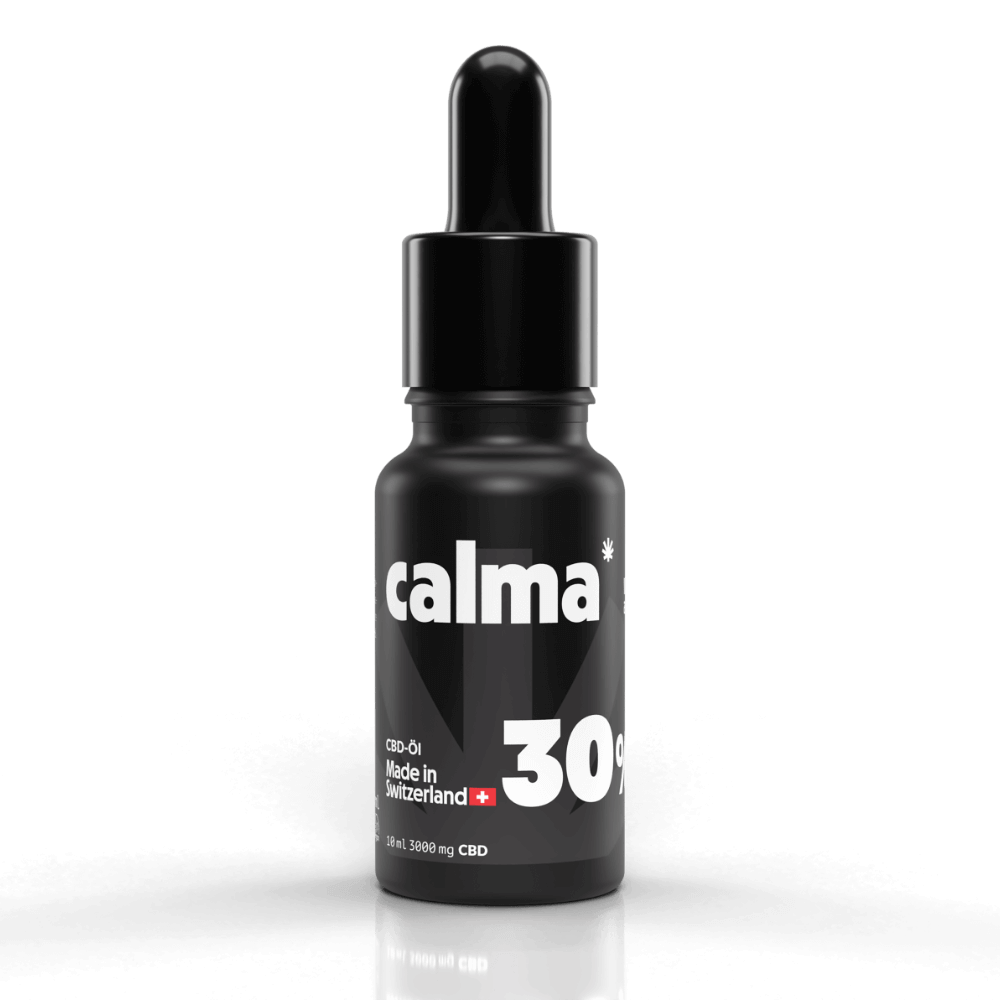
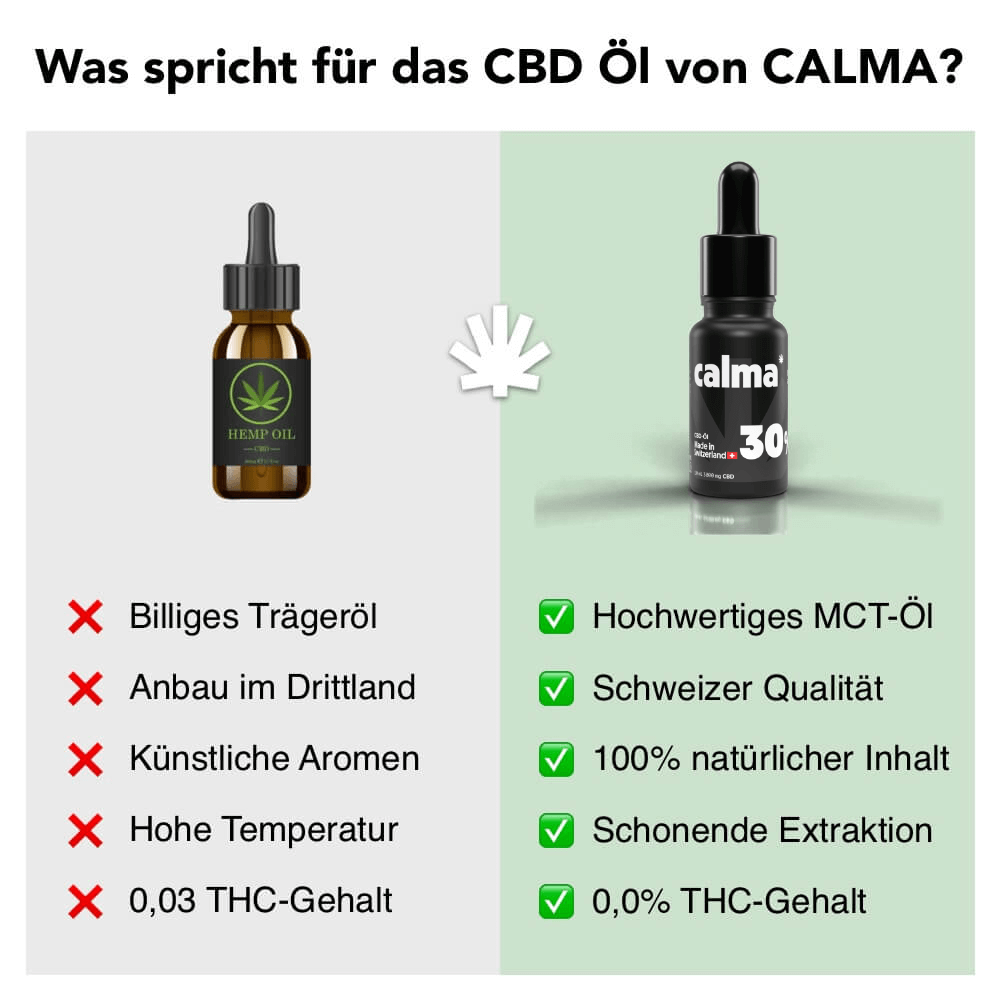
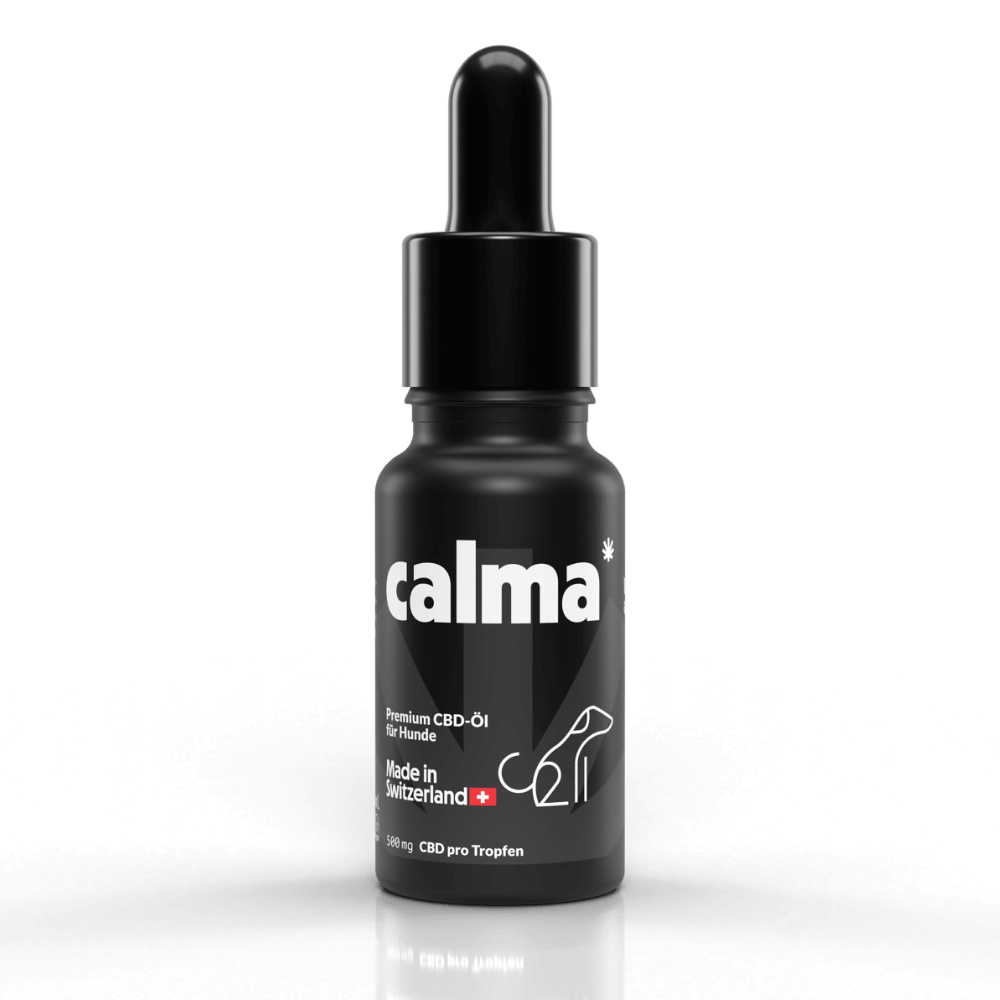
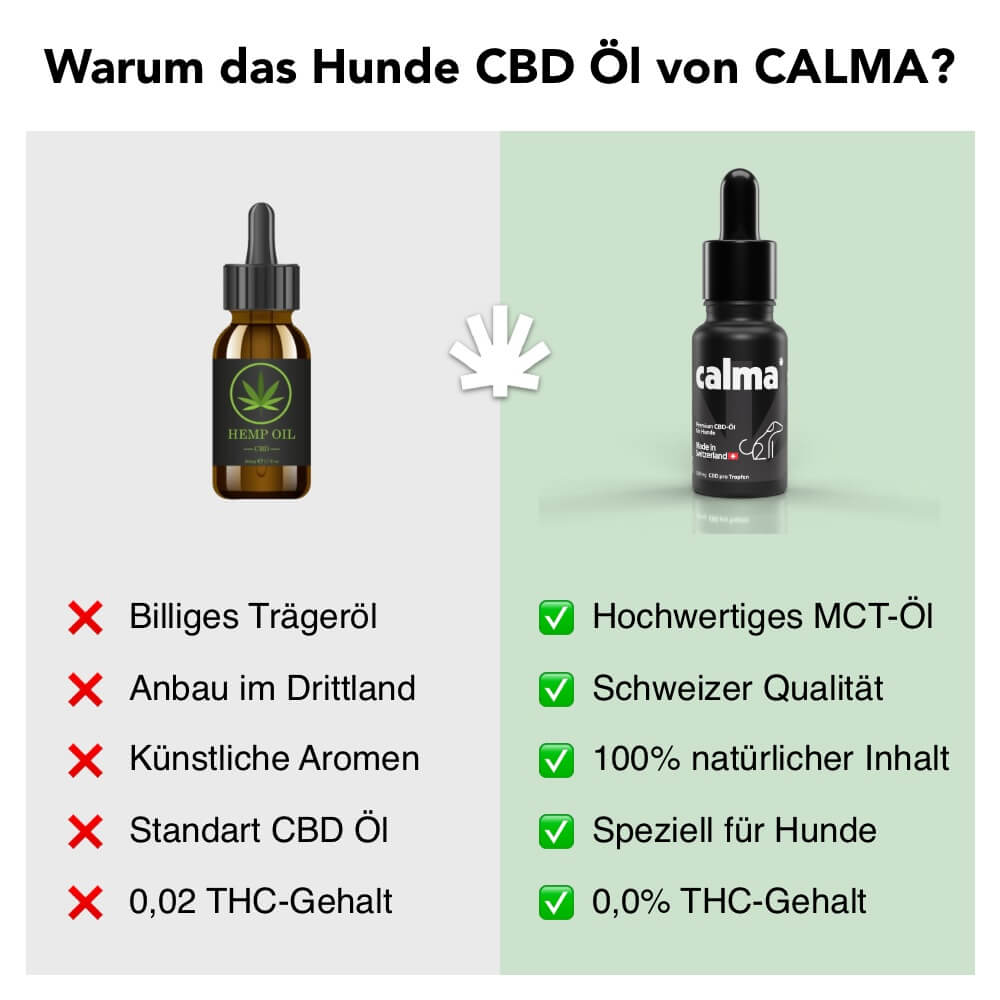
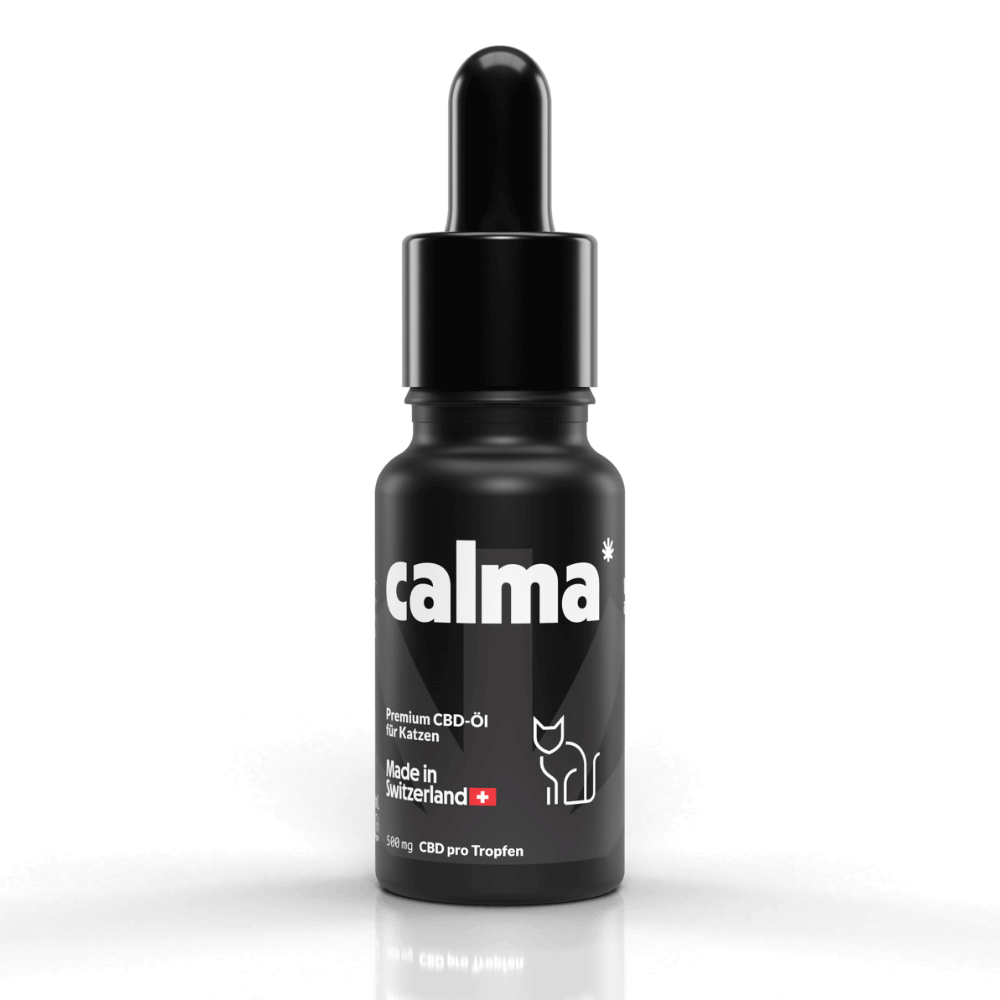
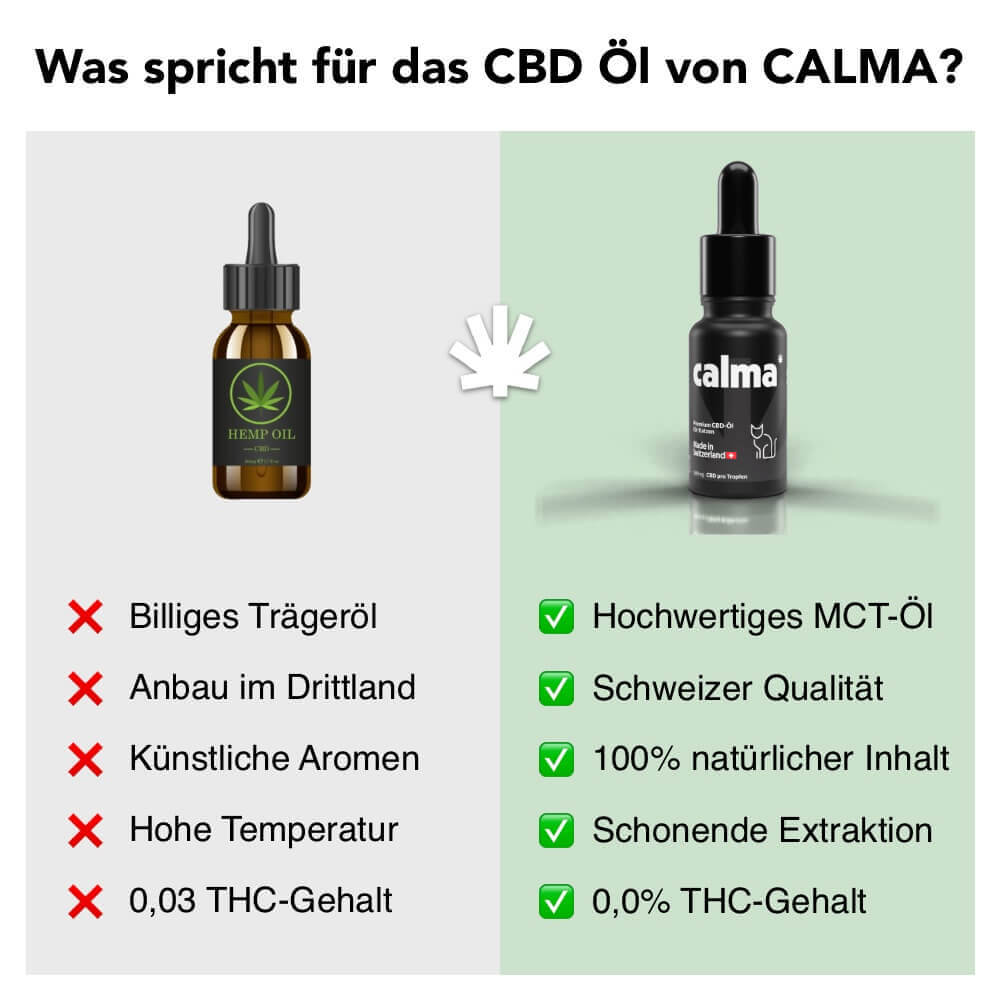
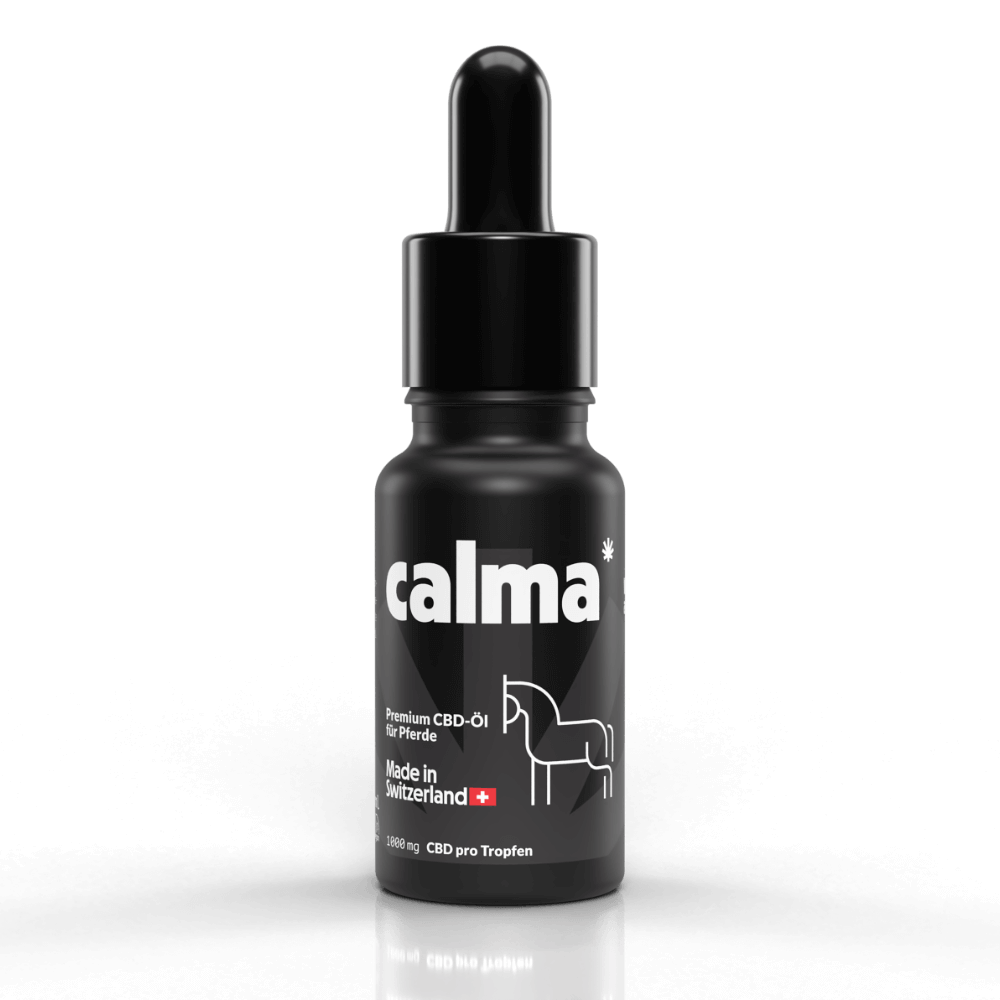
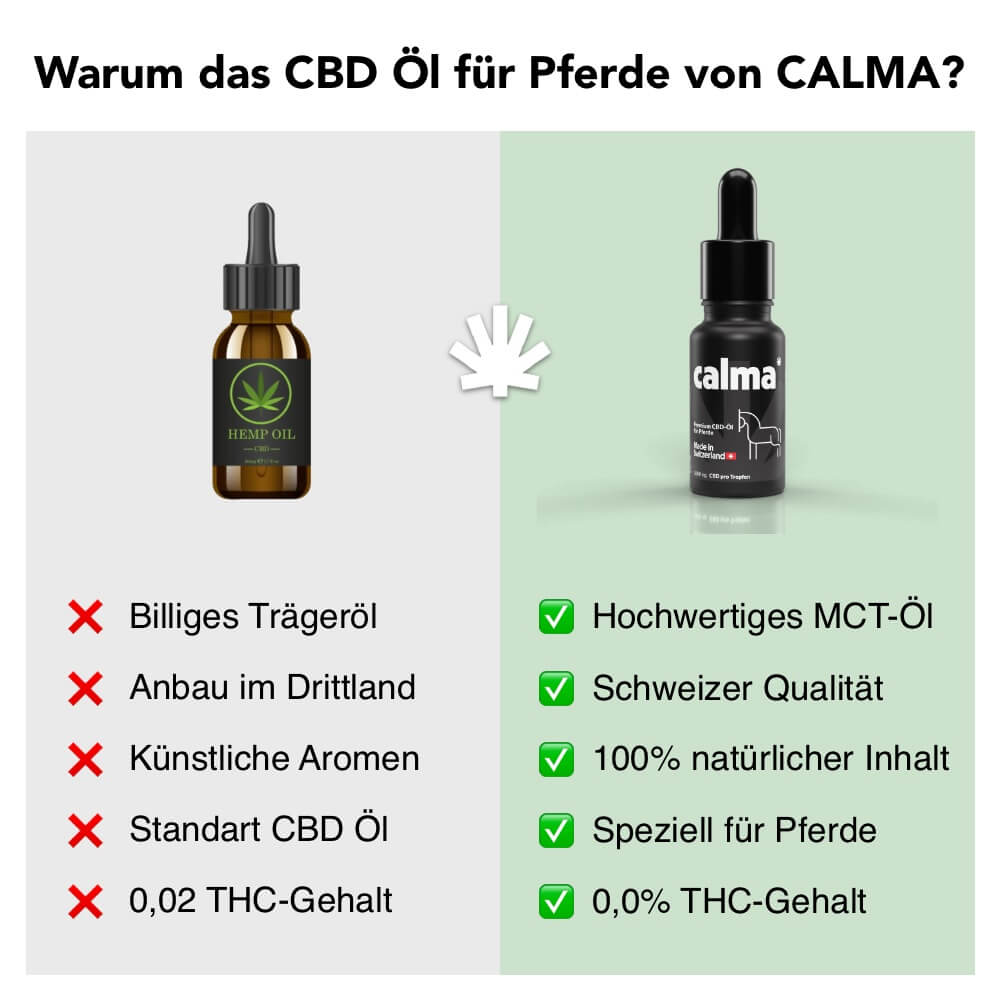
Leave a comment
All comments are moderated before being published.
This site is protected by hCaptcha and the hCaptcha Privacy Policy and Terms of Service apply.